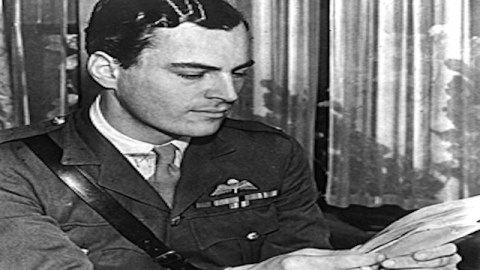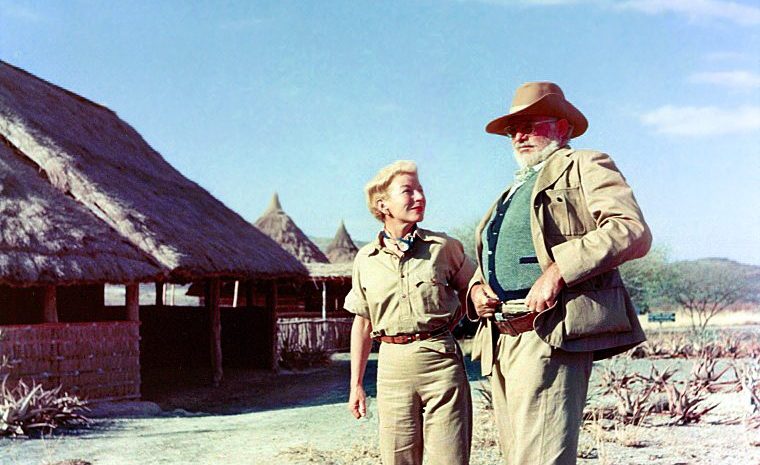Lesson 15: Fermor; What Does A Soldier Scholar’s Prose Look Like?

Robert Kaplan’s op-ed on Patrick Leigh Fermor in the New York Times, “The Humanist in the Foxhole,” stands alone as a cool piece of writing worth studying.
Kaplan writes:
Unlike the young Winston Churchill in Sudan or the Prussian general Helmuth von Moltke journeying through the Ottoman Empire, Fermor and his friends refused to reduce the world to questions of strategy and national interest: they were more taken by culture and landscape, which in fact made them more valuable than most intelligence agents.
Because America’s own security will rest in a world where tribes matter as much as Twitter, Fermor is an icon of the kind of soldier, diplomat or intelligence expert we will need: someone who can seamlessly move from any one of these jobs to another, who is equally at home reading a terrain map as he is reciting the poetry of the people with whom he is dealing. The more depth and rarity of knowledge we can implant in our officials, the less likely they are to serve up the wrong options in a crisis. But as Fermor shows, knowledge can’t be selectively learned for utilitarian ends. He was driven by the kind of appreciation of beauty with which life itself is sanctified.
This is the finest—and most succinct—argument for hearts and minds we’ve ever read. Kaplan writes beautifully, clearly, and without any pretension. He makes his case. But as literary criticism, we had our respectful reservations. Kaplan gives this example of a sentence he loved from Fermor:
“Arcadia is the double flute, Arachova the jingle of hammers on the strings of a dulcimer, Roumeli a klephtic song heckled by dogs and shrill whistles, Epirus the trample of elephants, the Pyrrhic stamp, the heel slapped in the Tsamiko dance, the sigh of Dodonian holm-oaks and Acroceraunian thunder and rain.”
This example belies a generational shift. Most thirty-something English boys raised on hard diets of the Great Game and T.E. Lawrence will attest: it wasn’t Fermor’s writing so much as what he represented that made him a model. One young English novelist put it this way: “he captured really bad guys; we cannot fault him heavy prose.” Why do his sentences seem so archaic?
Heavy prose was in vogue then. Were readers more patient? No. You could say that before Raymond Carver, a generation of writers considered the apotheosis of their craft to be more, not less. But that’s not true, either. Are there too many additional, happy distractions to prevent writers from searching for words like “klephtic?” today? No. But, as Kaplan points out, what we loved about Fermor was that he lived what he wrote. Pollock was an action painter, and Fermor was an action writer. Like Kapuscinski, he was sui generis.
There must be Fermors in foxholes right now. What will their writing be like? Maybe something more like this.




